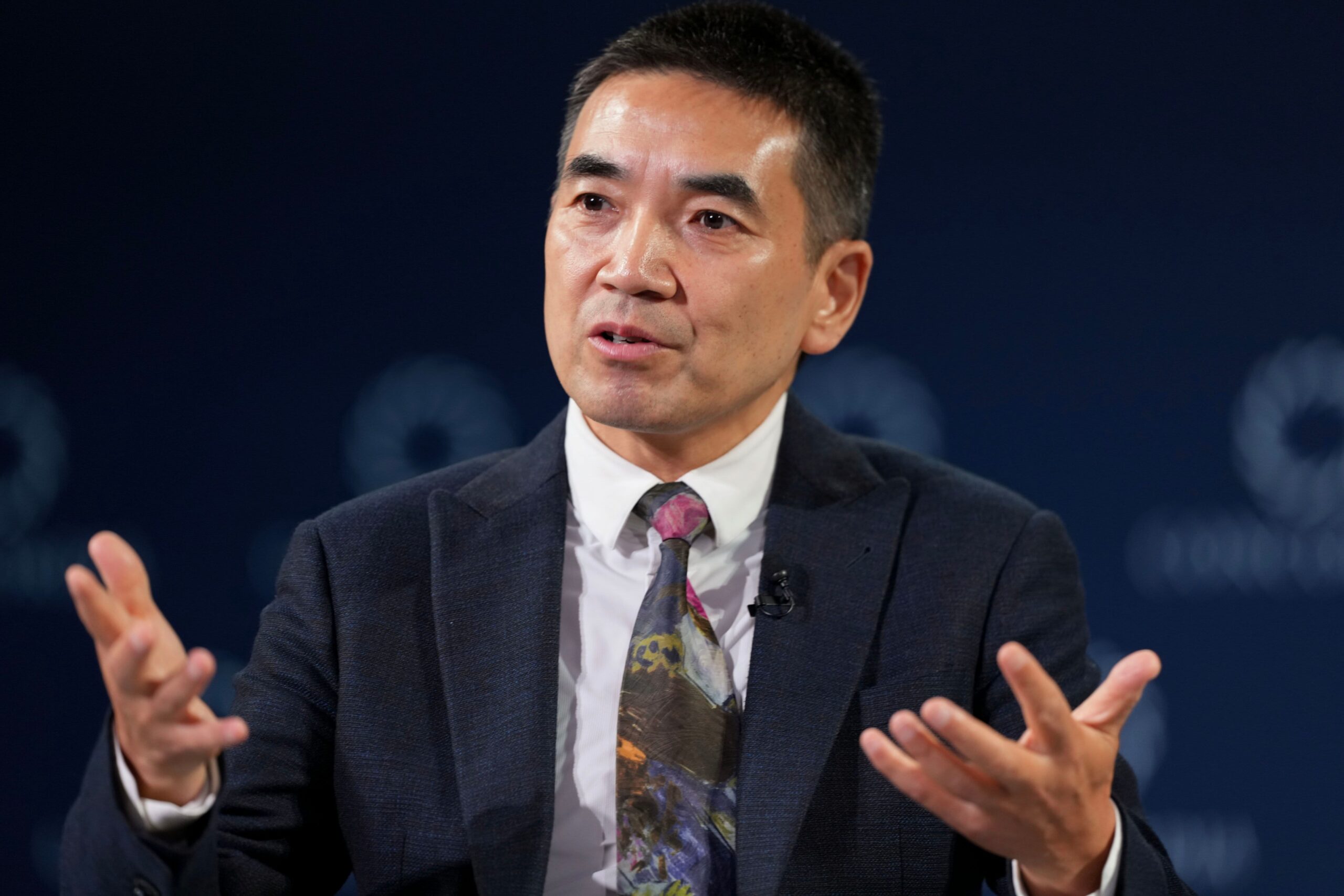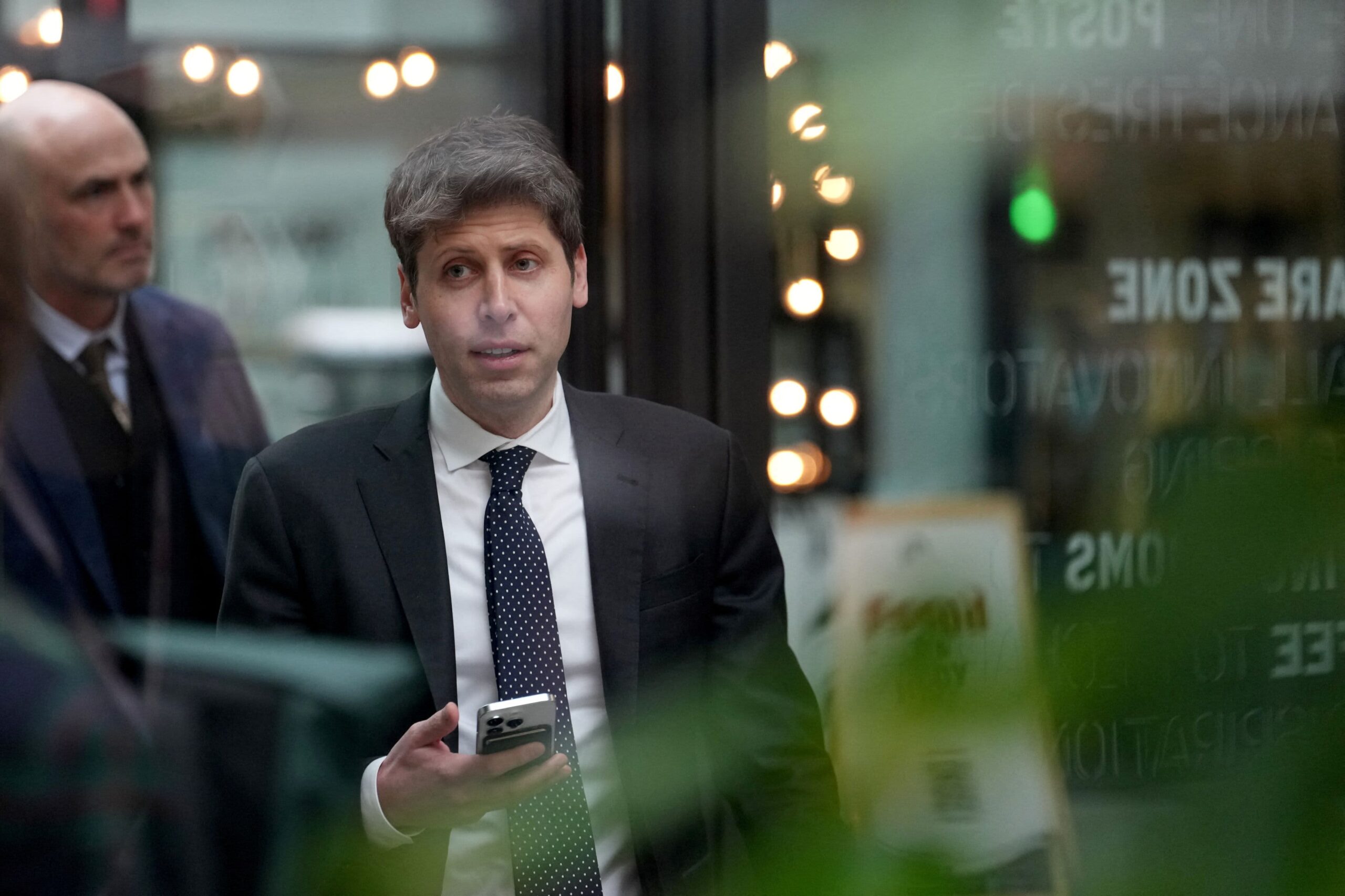NEW YORK: President Joe Biden’s trio of legislative packages designed to revive US manufacturing prowess is already helping regions from upstate New York to West Virginia. To the frustration of its local development agency, one that’s getting left behind is a cradle of the American industrial revolution: the Pioneer Valley of Massachusetts.
Powered by the Connecticut River, the region was once peppered with mills, as in much of New England. Its largest city, Springfield, gave its name to one of the most famous of 19th century long guns and was birthplace in the early 1900s of the iconic Indian motorcycle company.
Nearby Holyoke was once the paper capital of the world, pulling in migrants from places including Puerto Rico as of the 1960s.
That era of go-go growth is long gone. Today, a quarter of the region’s residents live in poverty, more than double the national average of 11%. And median incomes are about half that of the state’s capital, Boston.
The Pioneer Valley is hardly alone in suffering economic decay over the past several decades, nor is it the worst off. But it stands out when compared with other areas that are enjoying success in pulling in major federal funding that’s in turn generating narratives of economic renewal.
“Just look at how quickly they got some of the best scientists in the world in Albany,” said Ben Forman, research director at MassINC, a nonpartisan research group that provides analysis on Massachusetts economic policy.
Massachusetts, which has no statewide Republican official, has garnered about seven projects since Biden took office – collectively worth US$1.7bil, White House data show.
Many are near Boston. The state was hoping to tap a portion of the Chips Act, signed by Biden in 2022, for a quantum computing research initiative in the Springfield area. State funding helped to kick-start the effort two years ago.
But Springfield lost out to around 30 other localities picked for the first round of the US Commerce Department’s selection process for tech hubs. Yvonne Hao, Massachusetts secretary for economic development, bemoans how other states have won lucrative investments stemming from laws including the Inflation Reduction Act, Biden’s signature climate law.
To make the area more enticing for investment, she said her state is seeking to expedite permitting processes – cutting red tape – and channelling funds for shovel-ready sites in the way states including New York have done.
Hao also touts a US$3.5bil bill proposed by Democrat Governor Maura Healey that seeks to boost industries including life sciences, artificial intelligence and climate tech. The state legislature has until the end of July to act on it, she said.
One priority is ensuring that companies based in the state opt to stay in the state, Hao said. She reminded executives of companies focused on green projects in recent months that some of the areas that are garnering investment are in states politically dominated by those who don’t believe in the science behind climate change.
“I want them to be on team Massachusetts,” she said.
The Pioneer Valley, where the nation’s first gas-powered car was made, has looked on as Republican-led states have, one after another, held groundbreaking ceremonies for factories that turn out electric vehicles and solar panels.
Hundreds of billions of dollars of private investments in manufacturing plants have made their way to mostly southern states where land, labour and power are cheaper. — Bloomberg

